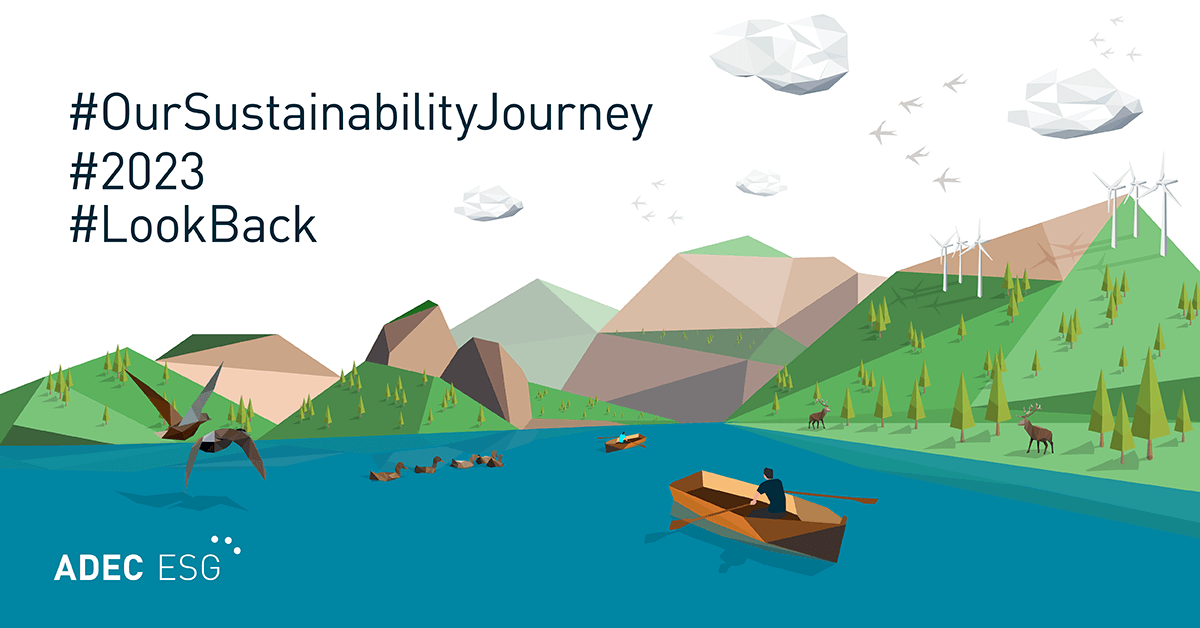With the evolution of sustainable growth and an ever-growing conscience with regard to conserving our natural resources, there are several choices we make that affect our environment. For instance, I have a large stack of re-usable grocery bags at home, but why don’t I take them to the store with me? Convenience. It is easier to use the plastic grocery bags at the store than bring the re-useable bags from home. However, there are some states where it is becoming a law to use or bring re-useable bags.
There are actually many decisions we make as a nation that come down to convenience. Unfortunately, these convenient decisions often come with trade-offs. This article begins a series of posts that specifically address the trade-offs that are often associated with convenience and are not necessarily the “best” choice for the environment or sustainable growth.
In highly urbanized areas, for example, freeway margins are landscaped with irrigated non-native vegetation, such as Peruvian pepper tree (Schinus molle), fountain grass (Pennisetum setaceum), and iceplant (Carpobrotus edulis). These types of vegetation are aesthetically pleasing, but often require a significant amount of irrigation and maintenance. During a severe drought, one of the main concerns of a community is the high use of water to irrigate these landscape features. This can be a serious detriment to the local residents by minimizing the available and potable water.
As an alternative, native vegetation can be used to landscape the freeway margins. This will greatly reduce the amount of water necessary to maintain these roadside margins and it will also take lesser effort to maintain it. One of the positive outcomes of planting and using native vegetation is it creates a suitable habitat for threatened or endangered species. Planting native coastal sage scrub along the road-side margins in Southern California may provide a suitable habitat for the federally threatened coastal California gnatcatcher (Polioptila californica). If coastal California gnatcatchers migrate into the newly created habitats along the freeway margins, a federal permit may be required prior to any vegetation removal or soil disturbing activities. Therefore, any future freeway projects would require regulatory permitting under the Federal Endangered Species Act. This action would require additional fees and an extended time for project approval making hasty decisions for convenience’s sake virtually impossible.
By using native plants for landscaping in southern California, there is a huge potential to greatly reduce the water usage and provide suitable habitat for a number of native plant and wildlife species. This is because when native habitat creation is required to mitigate for significant impacts associated with a project, temporary irrigation is required to be removed two years before completion. Landscaped areas that are not necessary for mitigation do not require irrigation be turned off, ever.
The “trade-off” that comes from planting non-native vegetation is that it eliminates the additional time and costs necessary to obtain regulatory permits. The additional costs associated with planting non-native vegetation, the additional water use, and maintenance activities outweighs the costs and time spent associated with the regulatory permitting process. Let me just share that the most efficient way to maintain freeway margins is to plant native drought tolerant plant species that require little to no maintenance at all. This would greatly reduce maintenance and irrigation costs and at the same time provide suitable native habitats for sensitive plant and wildlife species. In closing, let’s stop and consider the “trade-offs” we are making and do what is right for the environment in the long run rather than what is convenient for us in the short term.
FirstCarbon Solutions (FCS) is involved in the analysis of these sustainability issues and can assist you in investigating the benefits of protection of resources and the balance of sustainable practices. With the right tools and trust expertise, FCS can help ensure that business and development efforts have minimal impact on the environment, especially on the culture, heritage and history of any area. For more information, or to speak to one of our experts, contact us today.




